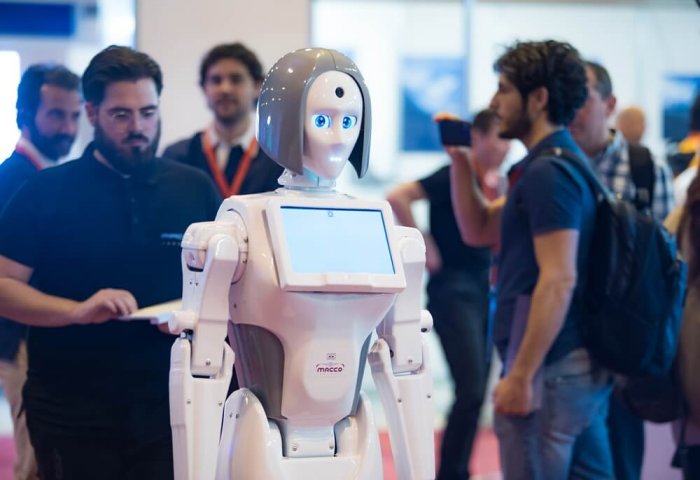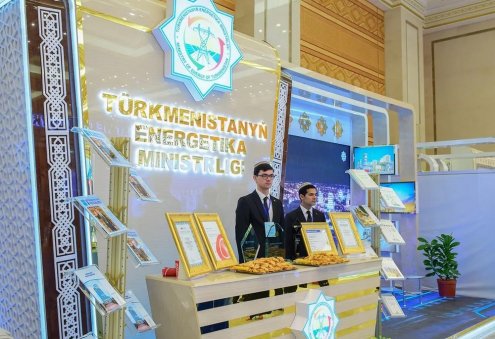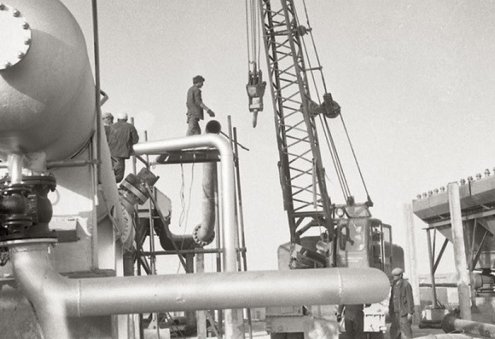Artificial Intelligence (AI) can be briefly defined as a system capable of mimicking human intelligence and thinking. To put the definition a little more simply, the AI is making a computer program think like a human.
Concepts such as Artificial Intelligence, Industrial 4.0, Internet of Things, Cyber-Physical System and Internet of Services are now used in all areas of life. The chairman of the World Economic Forum, Klaus Schwab, announced that the AI will be at the center of the fourth industrial revolution.
AI has begun to occupy an even more important place in the global economy. PricewaterhouseCoopers (PwC) predicts the AI could contribute up to $15.7 trillion, or 14%, growth to the world economy in 2030. Another study, carried out by Accenture in 2016 and covering 12 advanced economies, found that AI could double annual economic growth rates by 2035.
The greatest economic gains from the AI will be in China (26% boost to GDP in 2030) and North America (14.5% boost), equivalent to a total of $10.7 trillion and accounting for almost 70% of the global economic impact.
Many businesses say the use of AI technology will be an important requirement for future success. It is also believed that the use of AI will provide an advantage. Through the use of AI and increased productivity, CEOs are ensuring that the rise of their profits. These results can be seen as an indicator of the importance of AI in the business world. AI plays an important role in cyber-physical systems that integrate the virtual world with the physical world through sensors over the internet, in enterprises that compete with cheap labor power by reducing human labor in production, which is called Industry 4.0. In these systems, it is possible to monitor the processes from the supply chain to production and even to the final consumption stage after production.
The AI applications bring a number of advantages to the foreign trade. AI-based programs also have significant advantages in manufacturing and customs operations. It also allows cost and time savings.
E-commerce is one of the most widely used areas of AI technology. Companies using AI can offer customers creative solutions from their websites. Industrial production, logistics and supply chains powered by AI allows businesses to be more competitive in the international arena, thereby expanding their export potential.
Nurmyrat Mommayev,
PhD Candidate at Marmara University's Department of Political Science and International Relations in Istanbul, Turkey


















